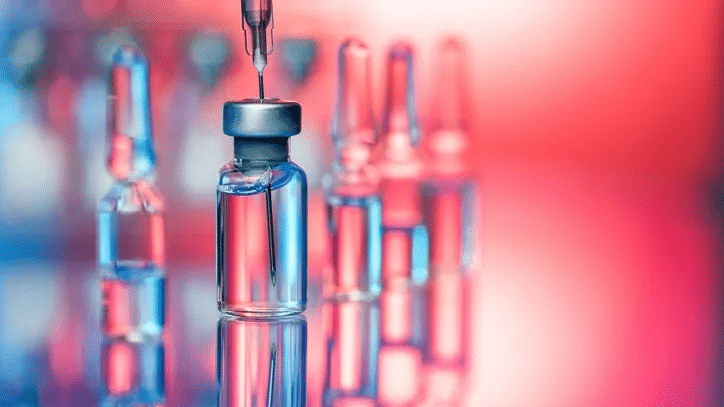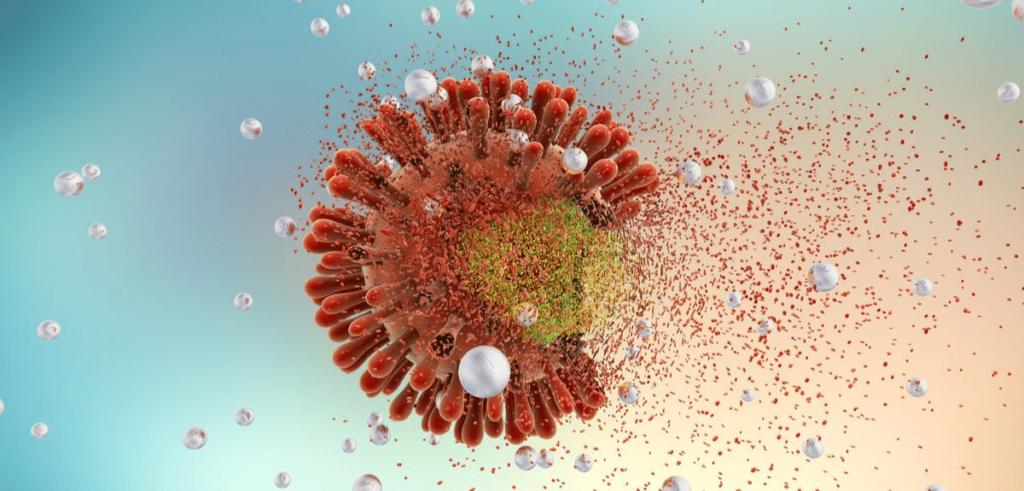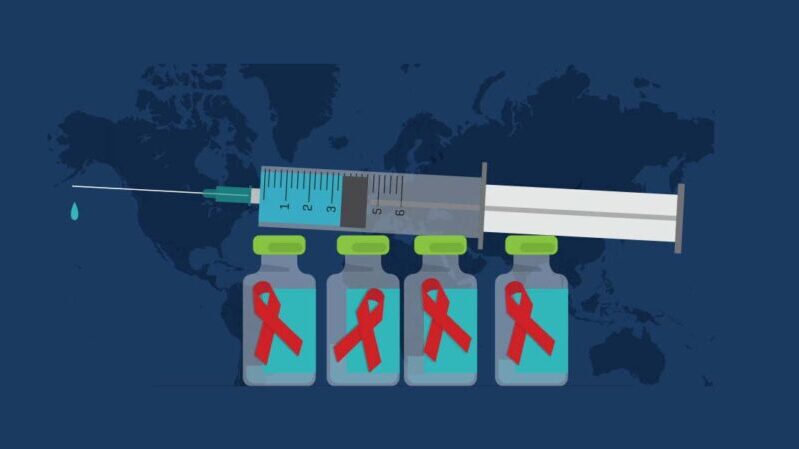The announcement of the failure of the HIV vaccine Mosaico trial was a significant disappointment for the global community in the fight against HIV/AIDS. This trial was the result of a public-private partnership between the U.S. government’s National Institutes of Health (NIH) and the pharmaceutical giant Janssen, which is a subsidiary of Johnson & Johnson.
The partnership brought together the resources and expertise of both organizations to develop a vaccine that would be effective in preventing HIV infection, which has been a persistent public health threat for decades. In this article, we will look at what exactly is Mosaico, other similar trials, as well as other ones that are showing promise.
WHAT IS THE MOSAICO HIV VACCINE TRIAL?
The Mosaico trial was a Phase III trial, which is the final stage of clinical testing required before a drug or vaccine can be submitted for approval by regulatory agencies.
It involved over 3,900 participants across multiple countries, including the United States, Brazil, Argentina, Italy, Spain, and Poland. The trial was designed to evaluate the safety and efficacy of a vaccine regimen that included a combination of different HIV antigens, or proteins, that were intended to stimulate the immune system to produce protective antibodies against the virus.
WHY DIDN’T THE HIV TRIAL WORK?

The results of the trial showed that the vaccine regimen did not provide significant protection against HIV infection compared to the placebo. This outcome was a major setback for the scientific community, which had been eagerly anticipating a breakthrough in HIV prevention. The failure of the Mosaico trial also highlighted the complex challenges that researchers face in developing an effective HIV vaccine, including the ability of the virus to rapidly mutate and evade the immune system.
Despite this setback, researchers and public health officials remain committed to the ongoing efforts to prevent and treat HIV/AIDS. While the Mosaico trial may have failed, it provides valuable insights and lessons that can be used to guide future research and development in the field of HIV prevention. Through continued collaboration and innovation, there is hope that a breakthrough in the fight against HIV/AIDS can be achieved in the future.
The failure of the Mosaico trial is a disappointing setback in the search for a safe and effective HIV vaccine. However, we must remain focused on the goal of ending the epidemic and continue to invest in research and development of new prevention and treatment technologies.
Anthony Fauci, Director of the National Institute of Allergy and Infectious Diseases (NIAID)
Some experts expressed concern that the failure of the trial could have a negative impact on future HIV vaccine research funding, and that the lack of progress in developing a vaccine could lead to complacency in other prevention efforts. Others emphasized the need to continue investing in research and development of new prevention technologies, such as pre-exposure prophylaxis (PrEP) and treatment as prevention (TasP), which have shown significant promise in reducing the spread of HIV.
Despite the disappointment, there were also calls for continued collaboration and innovation in the field of HIV prevention and treatment. Many experts emphasized the importance of learning from the Mosaico trial and using the insights gained to guide future research efforts. While the failure of the trial was certainly a setback, it is important to remain focused on the ultimate goal of ending the HIV/AIDS epidemic and improving the lives of those affected by the virus.
A SIMILAR HIV TRIAL IN SOUTHERN AFRICA – IMBOKODO

The Mosaico and Imbokodo HIV trials are similar in that they are both Phase III clinical trials designed to test the efficacy of HIV vaccine regimens in preventing new infections among high-risk populations. The trials are also similar in their use of a mosaic antigen approach, which involves combining different HIV antigens or proteins to create a vaccine that can stimulate the immune system to produce protective antibodies against a wide range of HIV strains.
However, there are also some differences between the two trials.
The Imbokodo trial is being conducted in sub-Saharan Africa and involves a vaccine regimen developed by Janssen and the HIV Vaccine Trials Network (HVTN). The vaccine is based on a clade C HIV strain, which is the most common strain of the virus in southern Africa. The trial is also testing two different vaccine regimens, while the Mosaico trial tested a single vaccine regimen.
Additionally, while both trials aim to prevent new HIV infections, they target different populations.
The Mosaico trial enrolled men who have sex with men and transgender individuals, while the Imbokodo trial is enrolling women aged 18-35. The different populations being targeted reflect the unique epidemiological profiles of HIV/AIDS in different regions of the world and underscore the need for tailored prevention strategies.
It is disappointing that the Mosaico trial did not meet its primary endpoint, but we must remember that this is just one study and that the search for an effective HIV vaccine is a long and complex process. We need to redouble our efforts and continue to work towards a future where HIV/AIDS is a thing of the past.
Stéphane Bancel, CEO of Moderna, a company that is developing an mRNA-based HIV vaccine
CURRENTLY PROMISING TRIALS

AMP: This is a Phase IIb trial being conducted by the HIV Prevention Trials Network (HPTN) to test the efficacy of a broadly neutralizing antibody (bNAb) called VRC01 in preventing new HIV infections. The trial is enrolling men who have sex with men and transgender individuals in the Americas and Europe.
Mosaico II: Despite the failure of the original Mosaico trial, there are plans to launch a follow-up trial called Mosaico II. This trial will test a new vaccine regimen developed by Janssen and the HVTN, which incorporates modifications based on the findings from the original trial.
PrEPVacc: This is a Phase IIb trial being conducted by the HIV Vaccine Trials Network to test the efficacy of a combined HIV vaccine and PrEP regimen in preventing new HIV infections. The trial is enrolling men who have sex with men and transgender individuals in Brazil, Peru, and the United States.
LAST THOUGHTS
The results of the Mosaico HIV vaccine trial were disappointing for many in the scientific community and for those who are impacted by the HIV/AIDS epidemic. While the trial did not achieve its primary endpoint of reducing the risk of new HIV infections, it did provide important insights into the efficacy of the vaccine regimen and the challenges that must be overcome to develop an effective HIV vaccine.


